A Trauma Informed Take on ‘Intuitive Eating’
First up, it’s important to note that I’m not a dietician, naturopath or medical doctor so please note that this is not medical or dietary advice.
Instead, these are personal and professional observations from someone trained in the pschyo-neuro-somatic impacts that remain like residue in our minds and bodies when unresolved past experiences resulted in beliefs and emotional-behavioural coping and management strategies in order to self soothe, protect or reject ourselves at a previous point in time.
With that out of the way, there is obviously no ‘one size fits all’ approach to eating. It can be confusing to wade through the flood of information out there to try and understand the best approach for you.
Intuitive eating is one approach to eating that sounds gentle and personalised on the surface but in my experience, can also lead to misguided choices in certain circumstances.
What I have experienced both personally, and in supporting the unfolding of many clients and students who are working with connections between their emotions, their self worth/body image and their relationship with food, is that until you learn to discern the difference between a psycho-emotionally triggered bodily sensation and what ever it is that you define as your ‘intuition’ you cannot successfully navigate an intuitive approach to life-including what you put in your mouth and why...
Hear me out.
Until you tend to the underlying cause of your ‘anxiety’, your IBS symptoms aren’t going away. Until you de-couple your need for emotional satiation, your desire to avoid uncomfortable feelings, or your self-flagellation from the thing you’ve learned to use to palliate, distract or punish yourself with (food in this instance, there are plenty of other things people use too), you can’t get access to your ‘intuition’.
Bodies have memories. What many people ‘think’ are ‘intuitive’ cues are, in fact, learned, habitual patterns or relationships between an action and a result.
For example, if at one point in your life you learned that X food (or behaviour) resulted in Y feeling that you enjoyed or that took another uncomfortable feeling away, it’s likely that specific connection is now imprinted in your neural pathways - making it basically unconscious to you now.
Making the unconscious, conscious is key to unravelling the tangle of beliefs and behaviours that feel like they are out of your control.
When you can recognise, allow, learn to tolerate and kindly tend to the uncomfortable feelings, hear and then begin to listen to the deeper needs and requests that are underneath them, and eventually learn to meet and respond to them in new ways, only then can you start to re-pattern behaviour from a holistic foundation, rooted in self compassion, self awareness and self care.
Once these processes have been allowed to unfold and flow, you now have a clearer channel of communication between you and your ‘intuition’- one that’s no longer clouded by the pain of past patterning and has deep, unhindered access to the wisdom that lies rooted within you and all that you are intrinsically part of and always connected to.
Whilst this process is being used to describe how we interact with food, the same approach can apply to the whole suite behaviours, beliefs feelings and emotions that come up in the broad spectrum of being human.
If you’re ready to move through your past and rediscover all of the potential inside of you, I’m delighted to be re-joining the Live Well Team as an Intern Holistic Psychotherapist.
I’m here to help you get out of your own way and enjoy life the way you truly desire to and am eager to support you.
Sessions are conducted online via telehealth.
Please contact Reception to book a series of 5 or 10 or 20 sessions. Or single 1 hr 20 min discovery sessions can be booked online.
Be Wild, Be Wise, Be Well,
